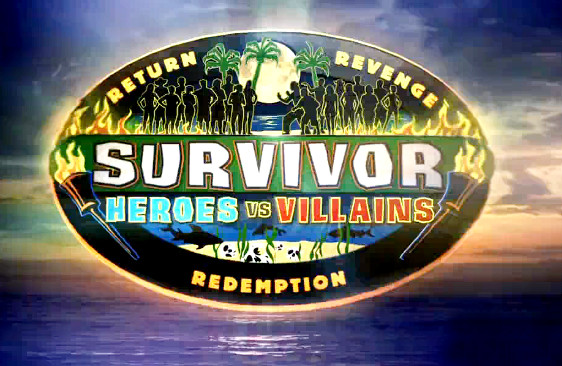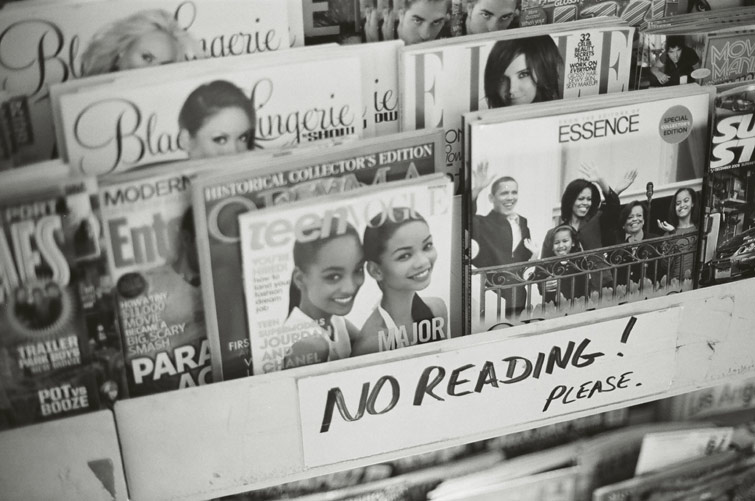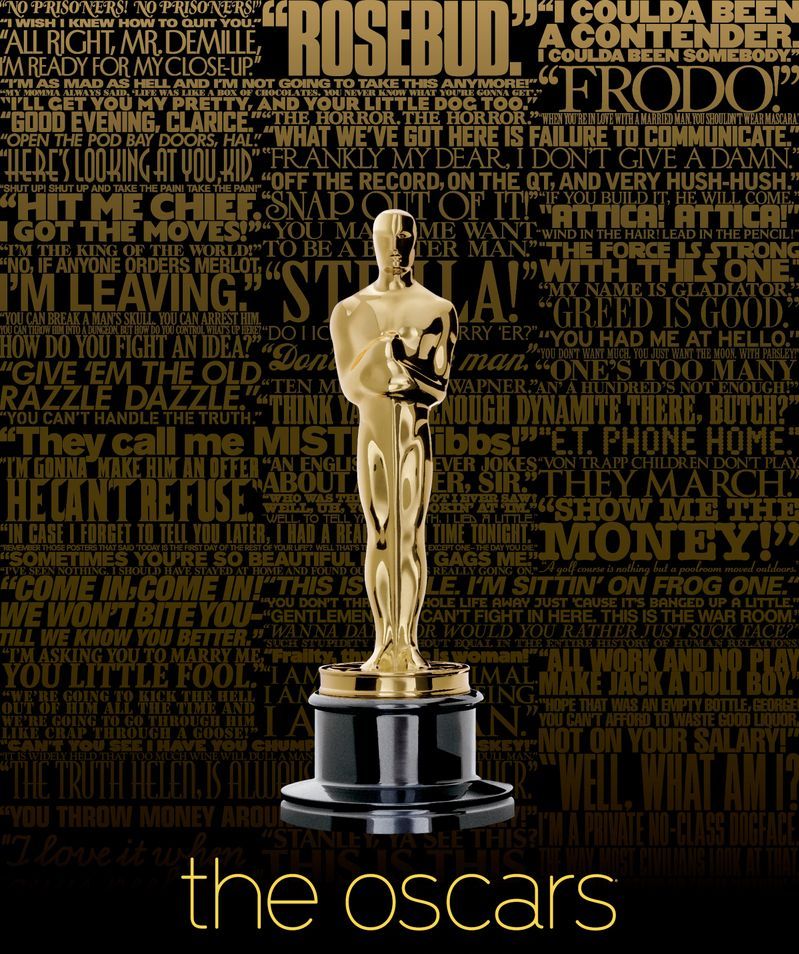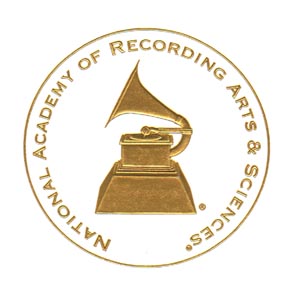 Forgive me for stating the obvious, but global warming (aka climate change) is a divisive issue. Amongst scientific theories it ranks right up there with the origin of human life as a topic on which scientists, and non-scientists, hold strongly to contrasting positions. Global warming evangelists, think Al Gore, have made a career espousing the dire consequences of ignoring the obvious fact that the earth is getting warmer. Melting polar ice caps and the resulting inundation of coastal regions, increasingly violent weather, and the inability of the world to feed itself are just a few of the consequences of standing by while the earth as we know it self-destructs.
Forgive me for stating the obvious, but global warming (aka climate change) is a divisive issue. Amongst scientific theories it ranks right up there with the origin of human life as a topic on which scientists, and non-scientists, hold strongly to contrasting positions. Global warming evangelists, think Al Gore, have made a career espousing the dire consequences of ignoring the obvious fact that the earth is getting warmer. Melting polar ice caps and the resulting inundation of coastal regions, increasingly violent weather, and the inability of the world to feed itself are just a few of the consequences of standing by while the earth as we know it self-destructs.
One the other side are a few climatologists who are skeptical not so much of the gradual warming of the earth but of the causes of the warming. They also question the apocalyptic tone of those who are leading the charge to do something now to change our course.
But the bigger problem (in the eyes of Al Gore and friends) may be the growing skepticism of the American public about the claims of global warming. Why are American’s so skeptical about something that is very complex and difficult to understand? Perhaps it is the perception that those advocating for programs to address global warming are motivated by political concerns. Recent cap and trade legislation has been pushed by democratic members of congress but appears to be stalled by a lack of Republican support in the Senate.
Skepticism can also be tied to recent revelations of cover-ups, manipulation of data, and other unethical behavior on the part of global warming advocates. The release of incriminating emails and other documents suggests that even climatologists can be compromised when they commit to a position before all the evidence is in.
A recent article in the NY Times suggests yet another reason for a skeptical public. Meteorologists, aka weather forecasters, are frequently speaking out in opposition to the climate scientists’ dire predictions of global warming. According to the Times,
A study released on Monday by researchers at George Mason University and the University of Texas at Austin found that only about half of the 571 television weather-casters surveyed believed that global warming was occurring and fewer than a third believed that climate change was “caused mostly by human activities.”More than a quarter of the weather-casters in the survey agreed with the statement “Global warming is a scam,” the researchers found.
Since local news weather forecasters are often seen as a credible source of information about weather-related issues, this difference between climate scientists and meteorologists poses a serious PR problem for those who want to convince the public that not only is global warming real, but that steps need to be taken now to avert disaster in the future.




